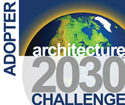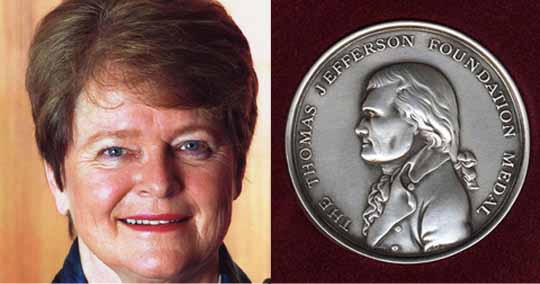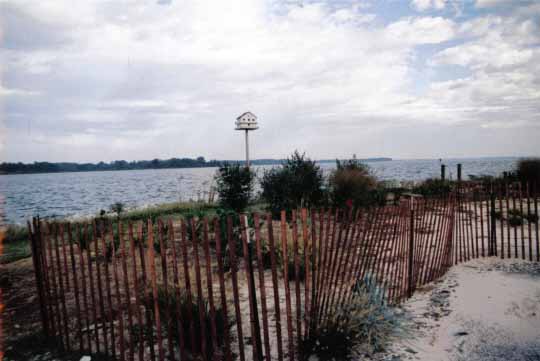4 Success Secrets of Becoming Green-Blooded

I’m so excited about this Special Report , I can hardly sit still. Twenty years ago, as a young architect, when my eyes were opened to the tremendously negative impact my profession was having on the environment, I was shocked! Buildings use (and waste) a great deal of energy, water, and materials. My highly-competitive industry contributes substantially to climate change, environmental degradation , and even poor human health from sick building syndrome.
Rather than pack it all in, I saw these dismal statistics as a challenge . Surely, with intelligence, creativity , and determination, we can do better. I began to educate myself, to learn all I could about how nature really works, to study sustainability frameworks, to teach others about green design, to assemble and lead diverse project teams.
I am thrilled to be able to share what I’ve learned with you. Having negotiated my way through this maze over many years, I fully understand the challenges that come from your struggle. Being green-blooded involves your whole being: heart, head and hands. As with any creative endeavor, it is intuitive and rational, visionary and practical. There are plenty of challenges and nay-sayers along the way.
Download the "Four Success Secrets of Becoming Green-Blooded " now. We invite you to bookmark and share this post far and wide — let’s start a movement! Use the buttons at the bottom of the post.
And. . . .after you have gone through some of the questions and taken the suggested actions in the report, please post here with your answers, observations, and results. Get the conversation going — share your questions, concerns and successes.





 View the dynamic, moving GOforChange: Greening Baltimore video
View the dynamic, moving GOforChange: Greening Baltimore video


 “The
“The 
